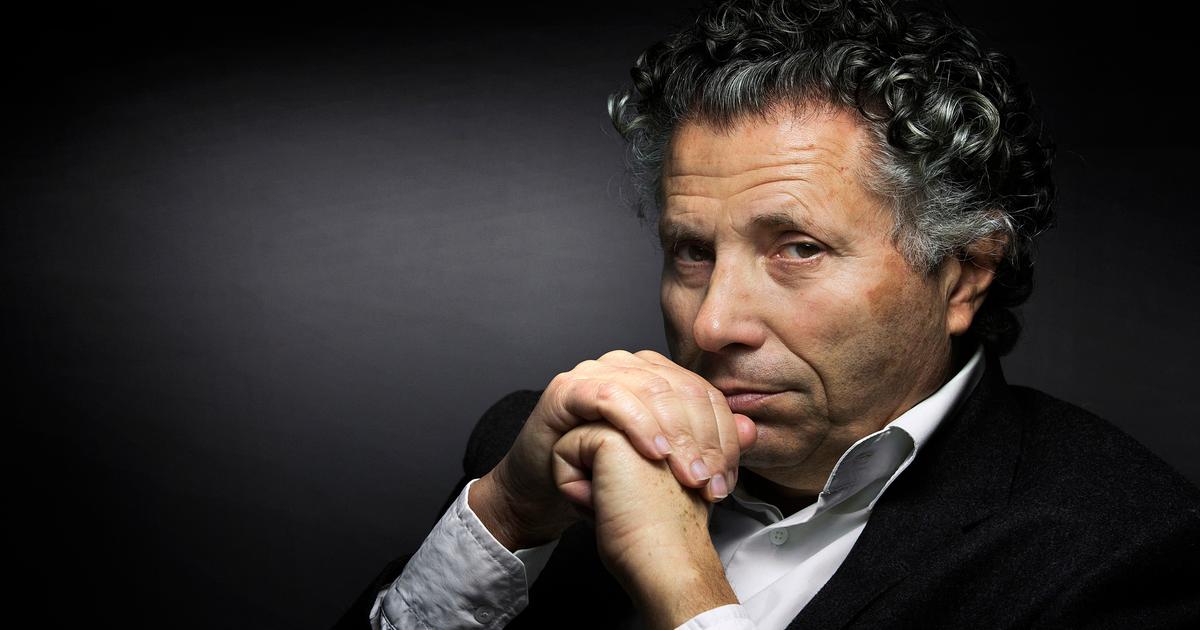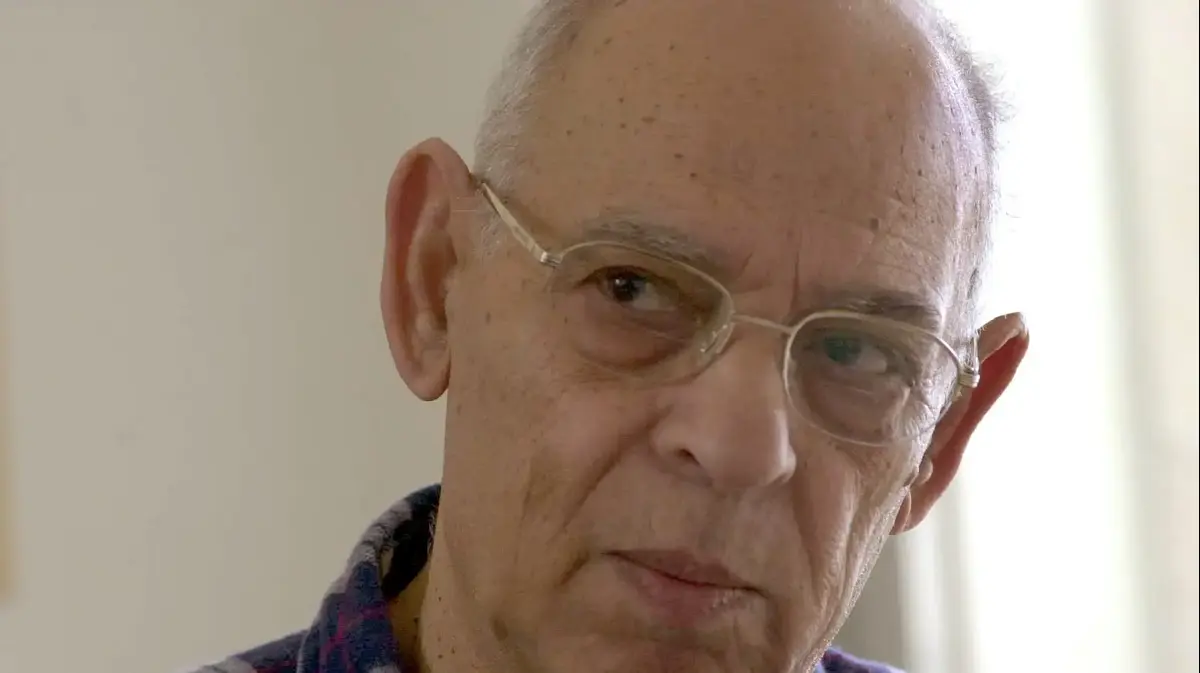- Click to share on Facebook (Opens in a new window)
- Click to share on Twitter (Opens in a new window)
- Click here to share on LinkedIn (Opens in a new window)
- Click to email a friend (Opens in a new window)
Editor's Note: Pedro Brieger is an Argentine journalist and sociologist, author of more than seven books and contributor to publications on international issues. He currently serves as director of NODAL, a portal dedicated exclusively to the news of Latin America and the Caribbean. He collaborated with different Argentine media such as Clarín, El Cronista, La Nación, Page / 12, Profile and for magazines such as News, Somos, Le Monde Diplomatique and Panorama. Throughout his career, Brieger won important awards for his informative work on radio and television in Argentina.
(CNN Spanish) - Israeli society is so complex that it becomes very difficult to understand why two general elections have already been held this year and no political party can form a stable government.
Always keep in mind that it is a society made up of several waves of immigration from different countries with people who have very little in common, except being Jewish. In turn, there are multiple religious currents that adhere fervently to the Jewish religion and have clashed throughout history with those who are lay people and reject religious impositions in everyday life. In addition, the differences between the so-called "Western" and "Oriental" Jews remain, be they lay or religious. Of course, the ideologies of the right and left also play a central role, since the "left" tend to be in favor of making concessions in order to reach peace with the Palestinians, while the "rights" are often reluctant to cede some of the territories that Israel occupies illegally since 1967.
It is essential to understand this framework because it has a correlation in politics, with the formation of parties that usually maintain identity cohesions of different types. But there is something that unites many - whatever their tendency - and it is key: they see the State of Israel as a State only for Jews, despite the fact that 20% of the population is Arab, and in the recent elections all Arab lists formed a coalition that made it the third parliamentary force.
The support of 61 parliamentarians is needed in the Israeli political system to govern. The Likud of Prime Minister Benjamin Netanyahu won 32 seats in the recent elections on September 17. The Blue and White party of retired General Benny Gantz, 33; the joint List of Arab parties, 13 and the rest were distributed by other formations. Netanyahu flatly ruled out any agreement with the United list of Arab parties.
Since the creation of the State of Israel, in 1948, the Arab population was discriminated against and marginalized and their parliamentary weight for years was marginal. However, today, given the crisis of the big parties, their place is key. But the definition of the State of Israel as a Jewish state excludes it precisely because of it. For Netanyahu it does not seem to imply an ethical dilemma. For Gantz it is a problem. The talks for the formation of a "national unity" government excluding the Arabs confirms the presumption that they are not seen as part of Israeli society. On September 24, the Haaretz newspaper editorial titled “Gantz capitulated without a battle” before Netanyahu because he did not want to be seen depending on what society perceives as “Arab anti-Zionist votes that support terrorism”, (something with which the parties which make up this coalition do not coincide) but what the newspaper considered a triumph of the "delegitimization" of the Arabs within Israeli society.
And this allowed the president to entrust the formation of government to Netanyahu.
Taking into account all these elements, it is worth asking what place corresponds to the Arab minority within the State of Israel that boasts of being the “only” democracy of the Middle East, but discriminates against 20% of its population.
Benjamin Netanyahu















